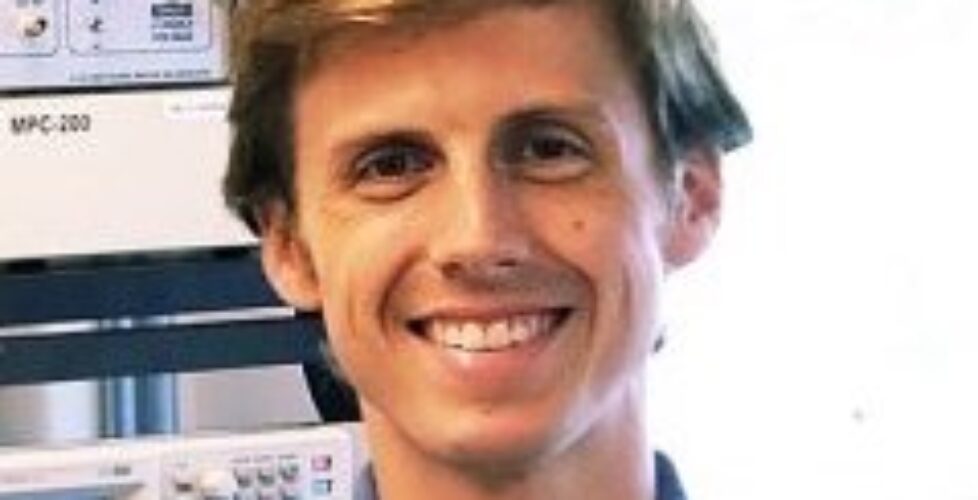Josh Salvi receives 2020 NIMH Outstanding Resident Award
Joshua Salvi, MD, PhD, PGY3, has been selected by the NIMH as the recipient of a 2020 Outstanding Resident Award. Winners of this highly competitive award will participate in a virtual conference with senior NIMH leadership and with national thought leaders in psychiatric research during a virtual conference being held this fall.
Research Summary: I am particularly keen to apply my background in dynamical systems modeling, in which mathematical equations can be used to characterize any system by the way it changes over time, to the study of psychiatric pathology. Dynamical-systems modeling has previously been applied to the study of a wide range of phenomena: in some cases, a single mathematical equation can describe the evolution of an epileptic seizure, an economic collapse, the onset of an earthquake, or the electrical properties of a single neuron. Given the rich temporal complexity of psychiatric phenomena, I am intrigued by the application of similar approaches to characterize the varying features of behavior at different time scales and under different conditions. The goal of this work is to unveil clinically useful behavioral phenotypes that can enhance diagnostic certainty, target treatment paradigms, and further psychiatric research.
Dynamical systems can also be applied to the study of behavior. In particular, I have begun to use dynamical-systems modeling to quantify and segment the compulsive behaviors of human patients with obsessive-compulsive disorder (OCD). OCD serves as an attractive target for dynamical systems modeling due to its often overt and visible compulsive behaviors. Furthermore, there already exists a body of literature positing the involvement of neural pathways in the basal ganglia that can be targeted therapeutically. We can readily measure behavior in patients with OCD by combining clinician-rated scales, medication administration, natural language from the electronic health record, wrist actigraphy, neuroimaging, and in some cases neural activity recordings from patient with implanted electrodes to capture the dynamics of compulsions and subsequently develop clinically meaningful behavioral phenotypes. This unbiased description of compulsive behavior could lead to the identification of patterns that might be more biologically meaningful than our current classification system and might offer clinically-relevant data, for example, a prediction of treatment response.
Moving forward, I ultimately wish to have a career as a physician-scientist in which I direct a laboratory that uses dynamical systems modeling to translate observations about OCD across mouse models and human patients. After residency, I plan to apply for a research fellowship to expand upon this work and in time, better understand meaningful differences in our patients.
-MGH McLean Adult Psychiatry Residency Program
